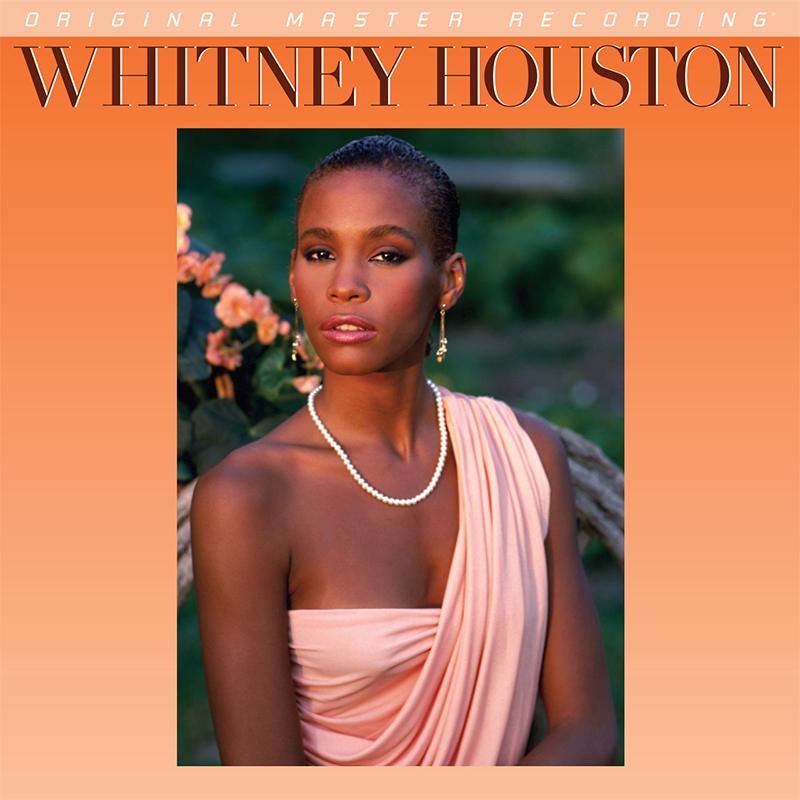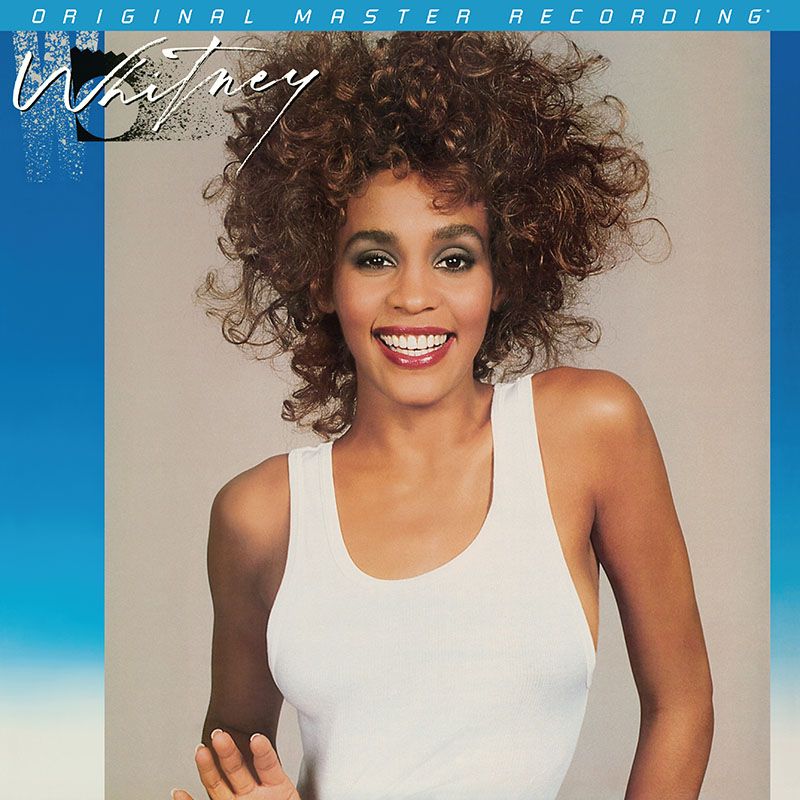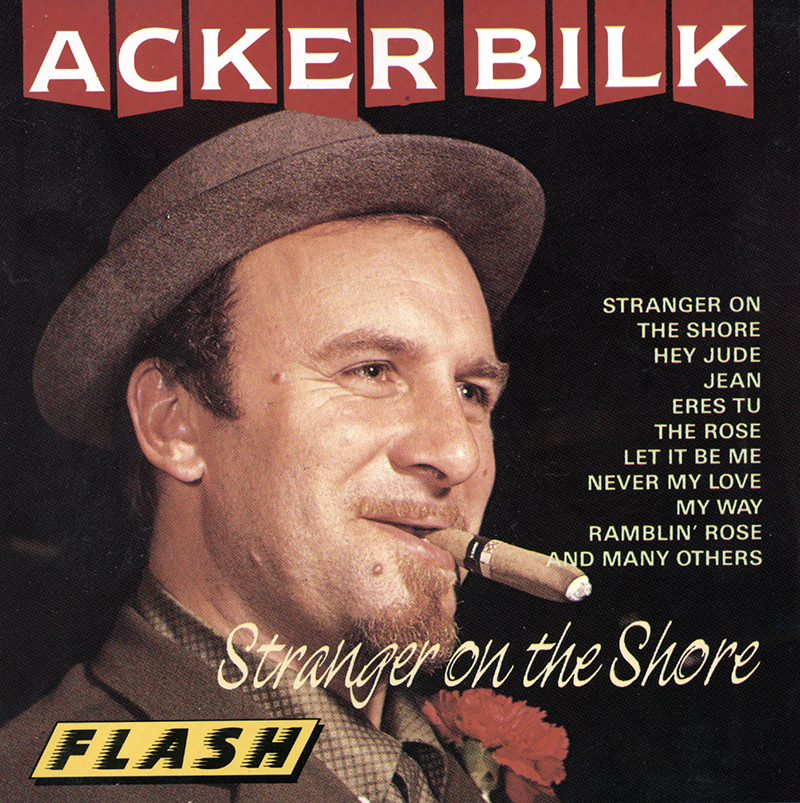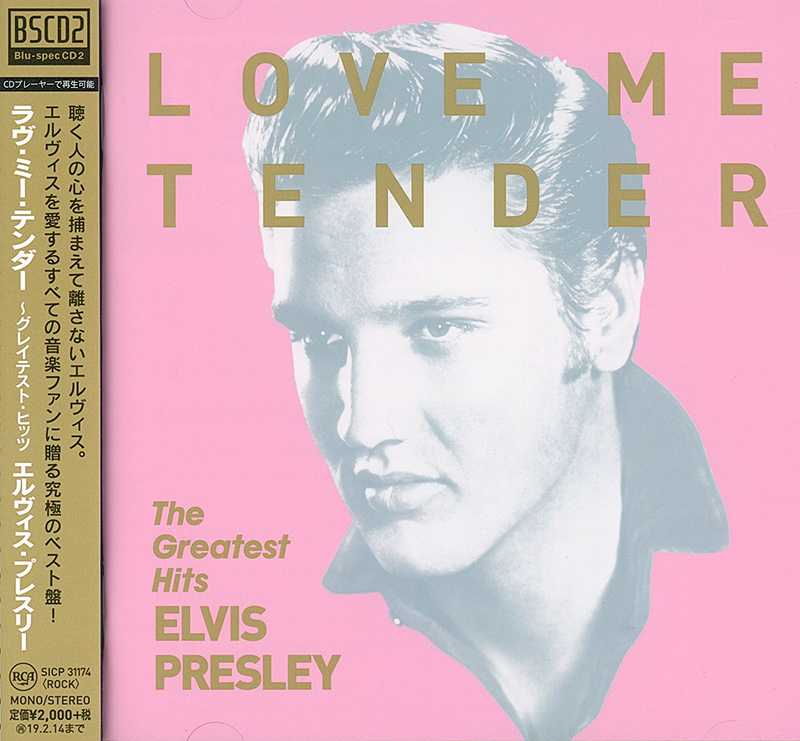Logowanie
Dziś nikt już tak genialnie nie jazzuje!
Bobby Hutcherson, Joe Sample
San Francisco
SHM-CD/SACD - NOWY FORMAT - DŻWIĘK TAK CZYSTY, JAK Z CZASU WIELKIEGO WYBUCHU!
Wayne Shorter, Freddie Hubbard, Herbie Hancock, Ron Carter, Elvin Jones
Speak no evil
UHQCD - dotknij Oryginału - MQA (Master Quality Authenticated)
Chesky! Niezmiennie perfekcyjny
Winylowy niezbędnik
ClearAudio
Double Matrix Professional - Sonic
najbardziej inteligentna i skuteczna pralka do płyt winylowych wszelkiego typu - całkowicie automatyczna
Whitney Houston
Whitney Houston
Egzemplarze numerowane!
Landmark Debut Changed Music and Introduced Once-in-a-Generation Vocalist: 14-Times-Platinum Whitney Houston Includes "How Will I Know," "Greatest Love of All," and "Saving All My Love" Sourced from the Original Master Tapes and Limited to 3,000 Numbered Copies: Mobile Fidelity's Hybrid SACD Presents 1985 Blockbuster in Audiophile Sound, Plays with Exceptional Clarity Rolling Stone 500 Greatest Albums of All Time - Rated 249/500! 1987 Grammy Award Nominee: • Record of the Year: "Greatest Love of All (Single)" 1986 Grammy Award Winner: • Best Pop Vocal Performance, Female: "Saving All My Love for You" 1986 Grammy Award Nominee: • Album of the Year: Whitney Houston • Best R&B Vocal Performance, Female: "You Give Good Love (Single)" • Best Rhythm & Blues Song: "You Give Good Love (Single)" Whitney Houston's self-titled debut album has few parallels. Viewed solely through the lens of sales numbers, Whitney Houston is a watershed statement on par with the most commercially successful and culturally dominant LPs ever released. Having sold more than 14 million copies in the U.S. and upwards of 25 million units worldwide, the 1985 LP became the equivalent of the television show or blockbuster film that everyone collectively experiences and discusses. Nearly four decades later, it's lost none of its appeal or magnetism — and its artistic significance and historical import have only grown. Sourced from the original master tapes and strictly limited to 3,000 numbered copies, Mobile Fidelity's hybrid SACD of Whitney Houston presents the breakthrough in audiophile sound for the first time. The signature traits Houston exhibits on every song — her three-octave range, radiant warmth, personal conviction, impossibly controlled register — come across with exceptional clarity, focus, and presence. Free of artificial ceilings and constricted dynamics, this reissue plays with an openness, airiness, and balance that put the singer's once-in-a-lifetime instrument and immortal artistry into proper perspective. It does the same for the songs' cascading melodies and captivating arrangements. Individually produced by one of four renowned industry veterans — Kashif, Micheal Masser, Jermaine Jackson, and Narada Michael Walden — each composition feels grander, closer, more genuine. A vocal spectacular, Whitney Houston benefits from the high-end characteristics of SuperVinyl, which include a nearly inaudible noise floor, superb groove definition, and dead-quiet surfaces. This is how an album that changed the direction of popular music — opening previously inaccessible doors for Black artists; bringing smooth-singing vocalists back into the mainstream; kickstarting a movement that soon included several "divas" who would command the charts through the early 21st century — should look and sound. Though Houston's seemingly effortless performances suggest otherwise, creating the record Rolling Stone ranks as the 249th Greatest Album of All Time wasn't easy. Nearly 18 months were required to identify songs suitable for a still-unknown singer who did not fit into the conventional frameworks of the mid '80s. Confident, powerful, and prodigiously talented, Houston would forge her own parameters with Whitney Houston. In the process, she obliterated the stubborn lines between R&B and pop, Black and white radio. She dared to reimagine who could be a superstar and then went out and defined the role. Recorded for nearly $400,000 and released on Valentine's Day, the LP exceeded the wildest expectations of those most closely associated with it — save for Houston and her family. Having made her first public appearance at the age of 11 singing at a Baptist church, Houston understood pressure and knew her way around, inside, and through a song. The invaluable guidance and support she received from her mother, Cissy, an accomplished gospel vocalist who backed Aretha Franklin and Elvis Presley, are on display throughout Whitney Houston. They arrive in the types of authoritativeness, discipline, and diction rare for even most seasoned veterans — and unheard-of for a 21-year-old newcomer. Houston brings a soulful elegance, understated glamor, and in-the-moment rapture to every note. Moving up, down, or staying in the middle of the vocal ladder; channeling softness or sweetness; showing restraint or increasing the volume, she is a marvel of emotionalism, a dynamo who can seamlessly transition from one mood to another within a verse. Though the 10-track LP largely concerns itself with the ballad tradition, Houston covers the bases, getting into an R&B groove on the fleet "Thinking About You," turning up the heat on the duet "Take Good Care of My Heart," and investing the contagious dance-pop confection "How Will I Know" with all the anxiety, hope, energy, and enthusiasm its lyrics demand. Featuring her mom on background vocals and Houston's pitch-perfect tone, uncanny precision, and skyscraper highs (no AutoTune here, friends), the synth-based anthem propelled Whitney Houston into the stratosphere, the vocalist into regular MTV rotation, and the term "crossover" into popular parlance. The double-platinum single reached No. 1 on the Hot 100, Hot R&B, and Adult Contemporary charts — a trifecta that foreshadowed accomplishments that would ultimately crown Houston as the most-awarded female artist of all time. Whitney Houston became the first album by a Black female performer to top the Billboard charts. It remained there for 14 non-consecutive weeks en route to claiming the title of the best-selling LP of 1986. It stands as the first debut and first album by a solo female artist to spawn three No. Hits, as well as the first album by a Black female artist to top the year-end charts in Australia and Canada. These are just a handful of the accolades — along with four Grammy nominations — that surround a set that also contains the unforgettable ballad "Saving All My Love," string-accompanied "Greatest Love of All," and sensual "You Give Good Love." As TIME observed in an article written two years after the album took the world by storm: "This is infectious, can't-sit-down music, and her performance dares the listener not to smile right back." We're still smiling.



































